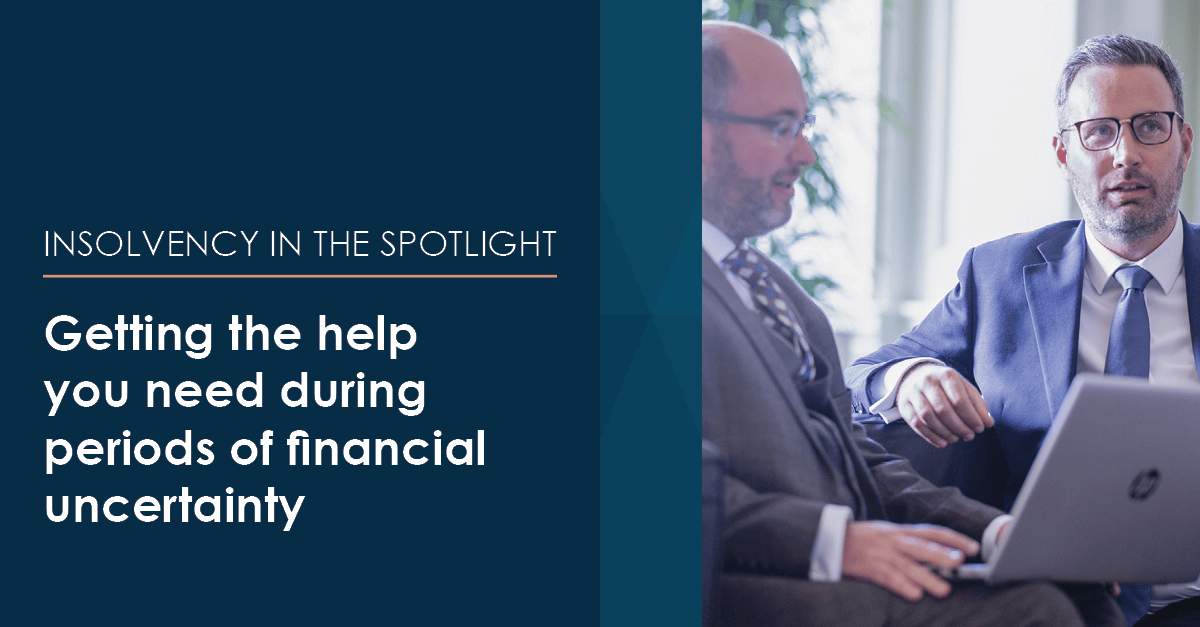Accessing the right support, engaging with the necessary governing bodies, and asking for help can and will prove crucial in the UK’s COVID-19 economic recovery for both individuals and businesses alike.

If you are concerned about your financial burdens, the information below provides you with a helpful overview of the governments approach to those struggling with their liabilities, and some of the funding streams that are available.
Engage early with HMRC when it comes to financial burdens
HMRC have recently published two policy papers – How HMRC treats customers who have a tax debt and How HMRC supports customers who have a tax debt – intended to provide an overview as to how HMRC intend to conduct matters for those experiencing difficulty paying their tax liabilities, and to encourage people to engage if they anticipate such difficulties.
The policy papers explain how HMRC intend to help, by agreeing a payment plan (otherwise known as a Time to Pay (TTP) arrangement), based on the individuals financial position, how assets are treated in TTP arrangements and how they calculate affordable payments. The policy papers also include details of HMRC’s enforcement powers.
Failure to engage with HMRC or an expert within the field is likely to lead to a formal insolvency procedure, therefore planning and obtaining the appropriate advice are key.
Alternative initiatives HMRC launched to help people with their tax liabilities include:
- Deferred income self-assessments
- VAT deferral and reduced VAT rates
Important reminder – Taxpayers who have deferred their tax and VAT liabilities will enter a critical period in Quarter 1 of 2021 when these liabilities become due. If you anticipate trouble paying these, now is the time to get in touch with a professional advisor, such as a qualified Insolvency Practitioner, who can help with forward planning.
The Government’s £20m support package for small businesses
At times like these, the demands on business finances are considerable, and cash is not necessarily readily available, meaning some businesses are unable to access the resources and / or services they desperately need to alleviate the pressures faced. The Government have therefore launched a £20m support package for small businesses.
Such businesses are able to apply for a share of the £20m, which will be available in the form of grants, ranging from £1,000- £5,000. The grants are intended to provide businesses with:
- Access to technology or new equipment in order to get back on track or diversify, and/or;
- Access to professional advice such as HR, legal or financial to aid business decision making and risk management
The Government hope the new initiative will help businesses recover from, or get ahead of, the effects of the coronavirus pandemic and get back on track. The funding can be accessed via one of the growth hubs within your Local Enterprise Partnership (LEP) area. More information, including how to apply, can be found here.
Alternative methods of help available to businesses include:
- Time-to-pay arrangements (TTP)
- Temporary changes to the Insolvency Framework, including the temporary suspension of wrongful trading legislation, supplier relief and business rescue moratorium
- Government backed loan schemes and funding measures
A more comprehensive summary of our BRI COVID-19 guidance can also be accessed here.
Local insolvency experts
Here at Smith Cooper, we know that early intervention is paramount and the most effective way to mitigate the long-term impact of periods of financial difficulty. The sooner you seek professional advice in whichever capacity you need, the more likely a strategic recovery plan can be executed.
When it comes to our Business Recovery and Insolvency services, we do not charge for initial consultations – we are here to help when you need us most. If you’d like to discuss your current situation in greater depth or have any concerns regarding the health of your business or personal finances, please do not hesitate to get in touch.




